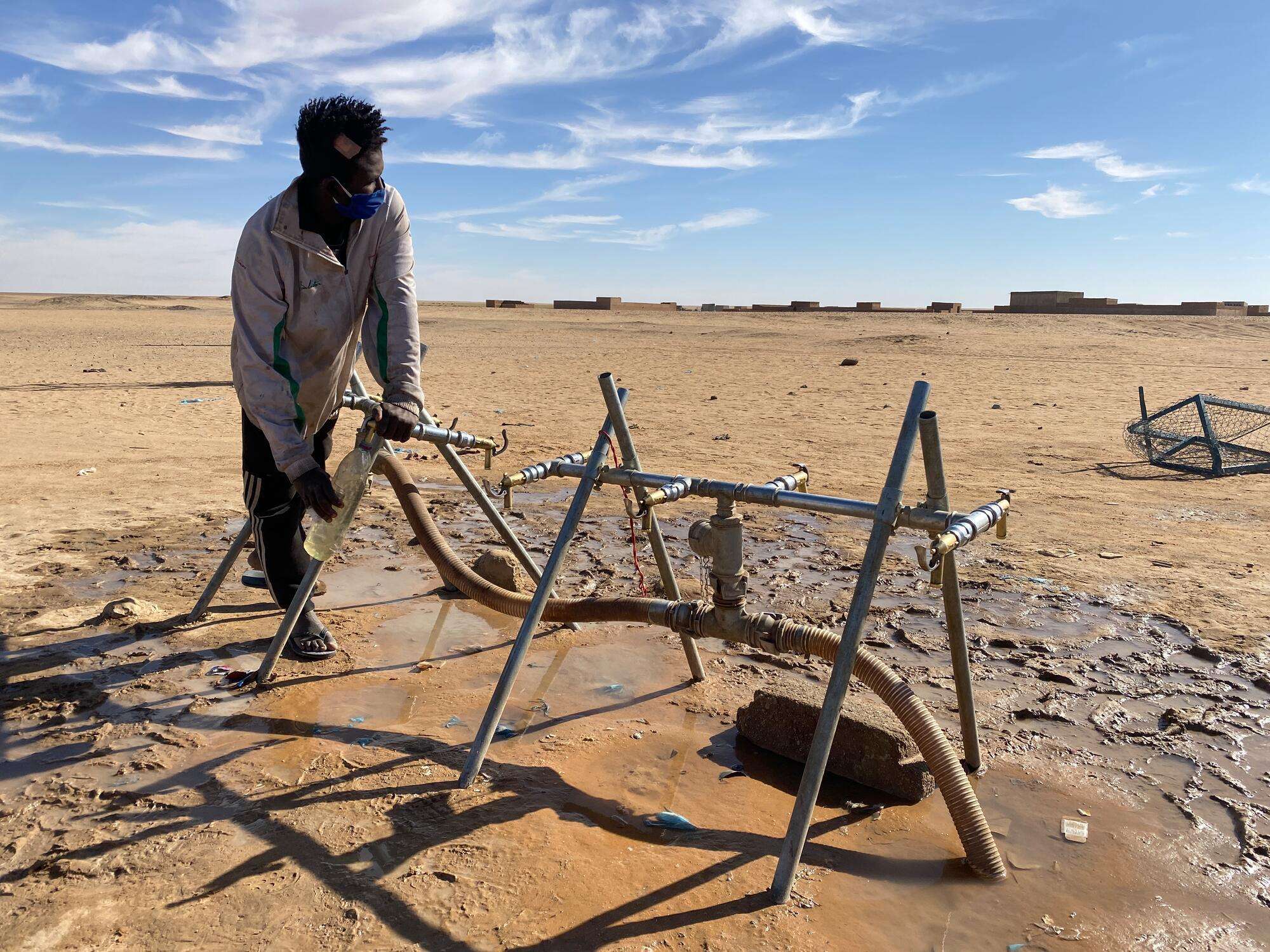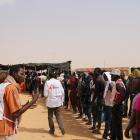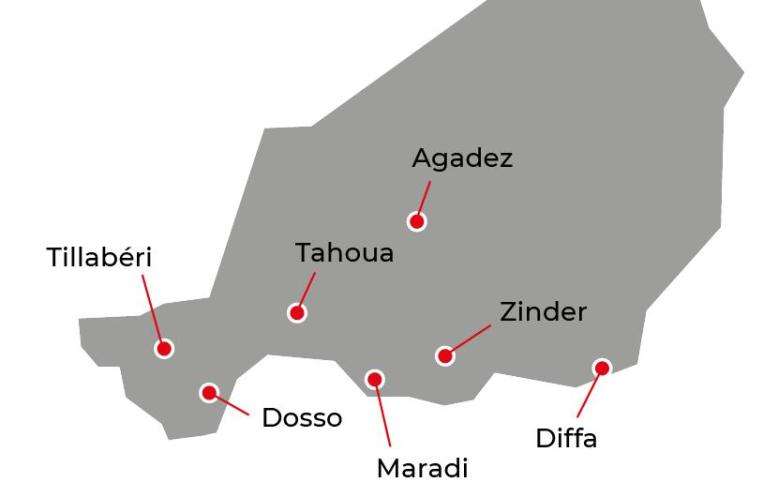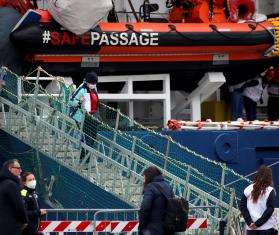*Data from MSF International Activity Report 2023

Niger 2020 © Mariama Diallo/MSF
Niger
Providing vital health care and support for vulnerable communities amid political crisis and security challenges.
Our work in Niger
In the aftermath of the political crisis that unfolded in July 2023 in Niger, which compounded pre-existing humanitarian needs in the country, Doctors Without Borders/Médecins Sans Frontières (MSF) has continued to provide vital health care and support in affected areas.

What's happening in Niger?
The security situation has been volatile in areas along Niger’s borders with Nigeria, Burkina Faso, and Mali, with numerous violent incidents in 2023, including kidnappings, assassinations, and casualties from improvised explosive devices in the Tillabéry region of the Lake Chad basin, and to a lesser extent in the Maradi region in the south.
Following a military coup on July 26, sanctions such as the closure of land and air borders and the suspension of regional trade and banking relations has exacerbated food insecurity, making it even more difficult for people to access health care.
_13145.jpg)
How we're helping in Niger
In Assamaka, several international NGOs withdrew, leaving thousands of migrants expelled from Algeria to fend for themselves in the desert of northern Niger, deprived of shelter, health care, protection, and the basic necessities. In response, MSF distributed water and essential relief items such as hygiene and cooking kits and provided mental health support, while publicly denouncing the appalling conditions migrants were forced to live in.
Despite restrictions on access imposed on humanitarian NGOs as well as border closures, which severely disrupted the supply chain, particularly for nutrition products, we continued offering comprehensive care in hospitals and integrated health centers that we already support in Tillabéri, Maradi, Zinder, Tahoua, and Diffa regions. This included maternity, pediatric, and nutrition services. We also continued to build and upgrade facilities in these regions as part of our long-term partnership with the Nigerien health authorities to improve access to health care for people living in vulnerable circumstances.

How we're helping
1,012,700
Outpatient consultations
410,200
Malaria cases treated
132,800
People admitted to hospitals, including 93,600 children under five years old
49,700
Children admitted to outpatient feeding programs for severe acute malnutrition
More news and stories
Learn about MSF’s journalistic roots and our commitment to bear witness and speak out about the plight of the people we treat.
Learn about MSF’s journalistic roots and our commitment to bear witness and speak out about the plight of the people we treat.






